CLA is a naturally occurring fatty acid found in meat and dairy products. It is also a popular dietary supplement that is sold with claims of helping people lose fat, maintain weight loss, retain lean muscle mass, and control type 2 diabetes — the type of diabetes that is often associated with obesity.
Some foods contain CLA and can assist with weight loss. However, if you take supplements, it is critical to know how much CLA to take for weight loss. Of course, when adding a supplement to your dietary regimen, it will take time to notice weight loss. Taking a minimum of 3,000 mg or 3 grams of CLA is sufficient enough to lose weight. If you choose to consume foods containing CLA, about 0.7 to 10.1 mg of CLA is in every gram of fat in cow milk.
You can reap the benefits of taking CLA by consuming specific foods or taking a daily supplement. Whether you use CLA to encourage weight loss alongside exercising regularly or alone, burning fat is not all this fatty acid can do. In addition to meeting your weight loss goals, you may also enjoy other beneficial properties of CLA.
- Targets stubborn belly fat
- Maintains lean muscle
- Improves heart health
- Improves the immune system
- Improves bone health
- Supports hair growth and scalp health
Reduce Belly Fat
CLA works hard to get rid of belly fat because it increases the body’s basal metabolic rates, so it more efficiently converts food into energy. Also, CLA likes to accumulate in the body’s muscle tissues to trigger fat cell death and shrink fat cells. Research in the International Journal of Obesity displayed a connection to CLA and a reduction in abdominal fat in overweight men.
Maintain Lean Muscle
Bodybuilders and exercise enthusiasts love using CLA compared to creatine. According to studies in animal populations, supplemental CLA led to an increase in total body mass from 36% to 57% and a reduction in fat mass from 27% to 60%. Many supplements may reduce gaining muscle mass and lead to overall body shrinkage. However, CLA may prove beneficial for inhibiting fat cell storage and production, as well as raise energy levels for working out. Taking CLA may be helpful for muscle metabolism too.
Support A Healthy Heart
Eating food that is a significant source of CLA may prove helpful to heart health. Harvard School of Public Health conducted research connecting a reduced risk of coronary heart disease to dietary linoleic acid. The director of UA-Madison’s Food Research, Michael Pariza, found that CLA has anti-carcinogenic properties and reduces heart disease in rabbits[8]. Pariza wants to conduct future clinical trials to understand the benefits of CLA on humans. However, CLA may impact blood clotting.
Boost Immune System
Taking a CLA supplement may provide benefits to the immune system. There are anti-inflammatory qualities within CLA, and this fatty acid regulates the body’s immune system and inflammation response. Additionally, because CLA has a positive effect on the liver and encourages detoxification, it boosts health.
Support Bone Health
Adding CLA supplements can be good for your bones and joints. Since CLA has anti-inflammatory properties, it may help reduce symptoms of rheumatoid arthritis. Also, elderly adults have shown positive responses with the use of CLA. Health problems like osteoporosis can make life difficult, and taking CLA with calcium helps improve bone mass and reduces bone resorption.
Grow Hair Fast
Use CLA to help encourage longer, stronger, healthier hair. The linoleic acid in sources like safflower oil helps increase circulation to stimulate the scalp and hair growth. Regularly consuming CLA leads to shiny, healthy hair and stronger hair follicles.

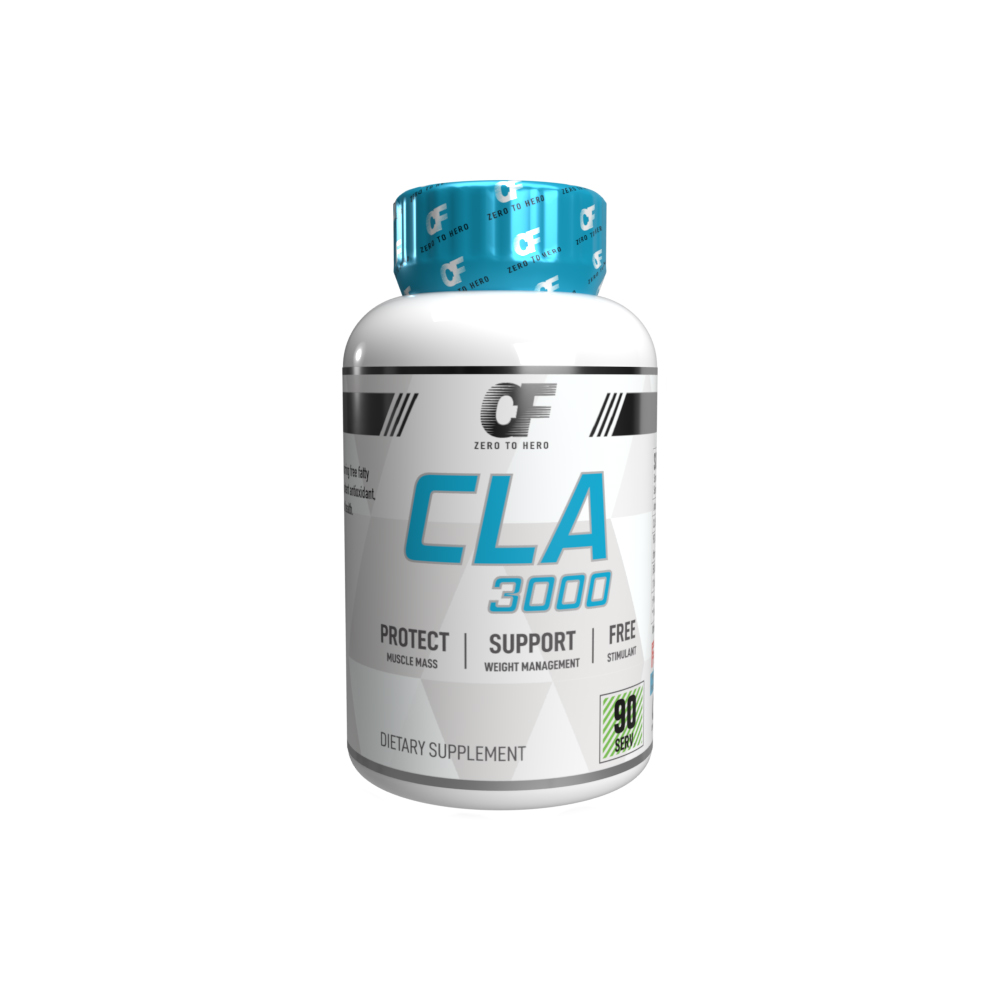
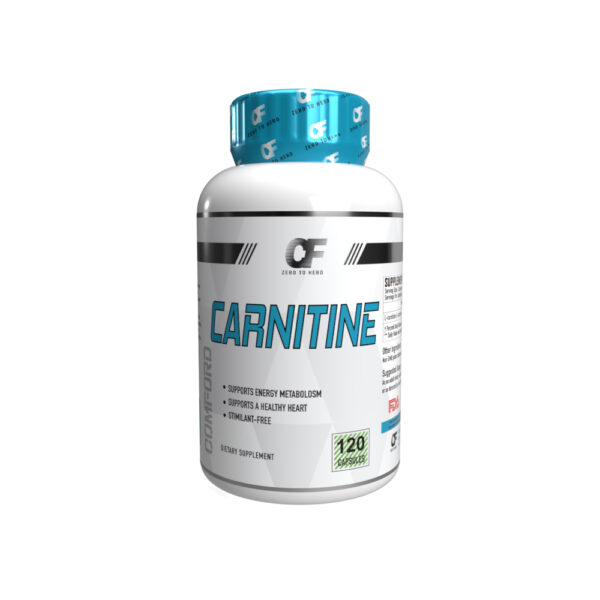
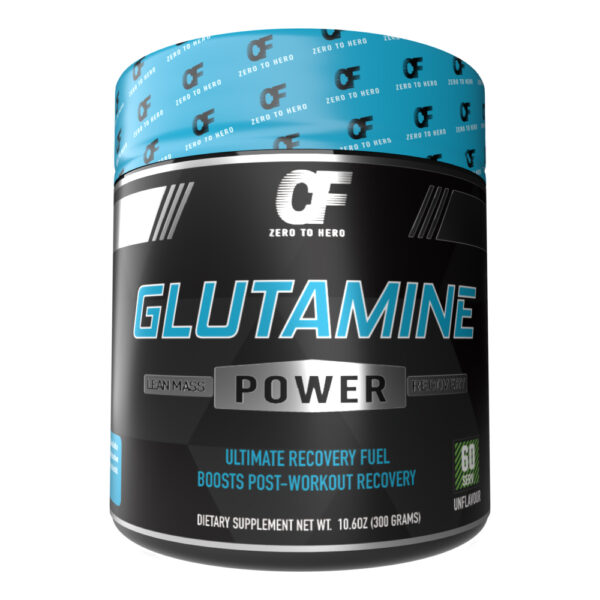




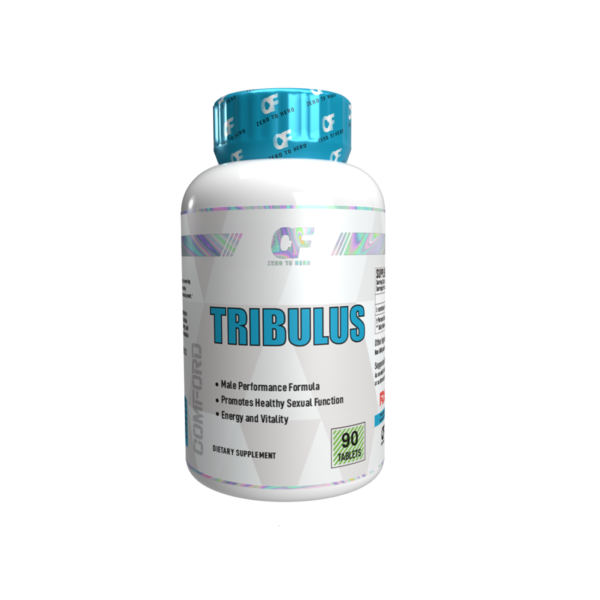
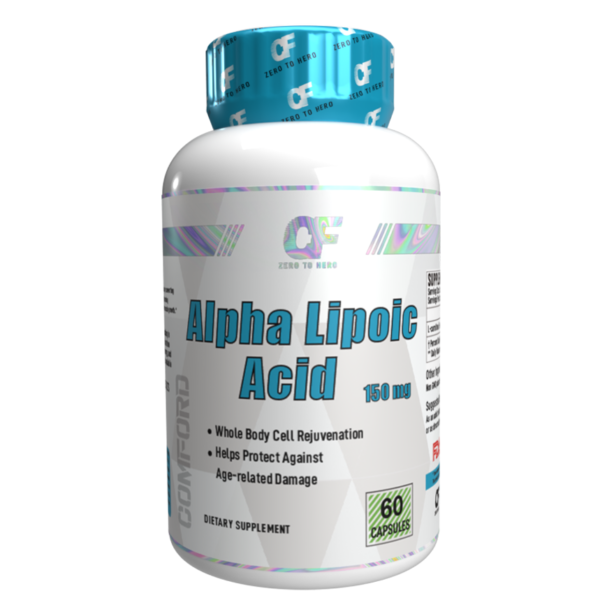
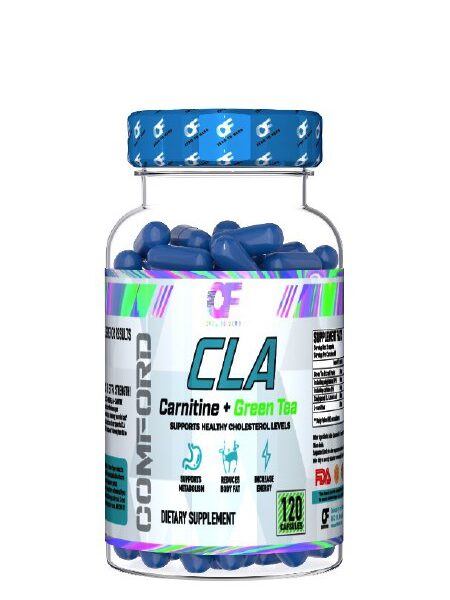
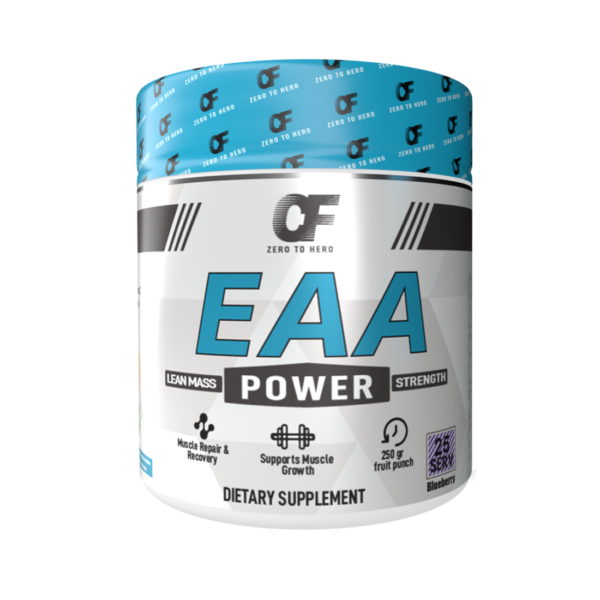
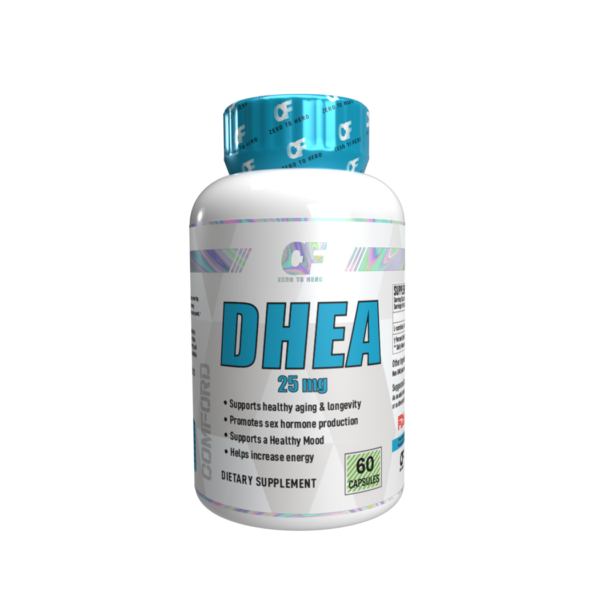
Reviews
There are no reviews yet.